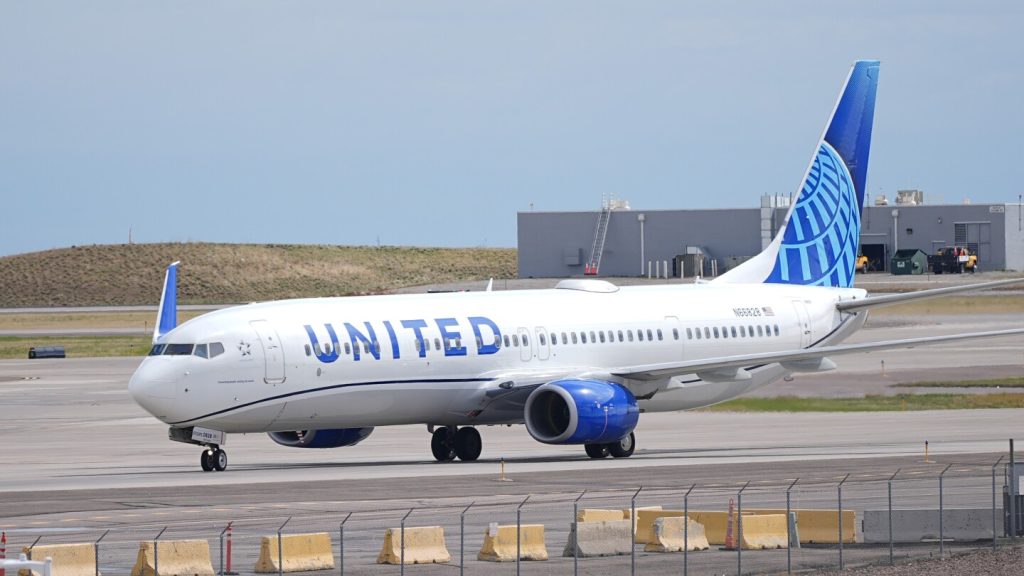United Airlines reported a loss of $124 million in the first quarter of the year, attributing it to the grounded Boeing 737 Max 9s after an incident with an Alaska Airlines jet. The airline stated that it would receive fewer new planes from Boeing than initially expected and has started leasing Airbus jets to maintain its fleet. Despite the financial setback, United highlighted the strong demand for air travel, particularly in the United States and across the Atlantic. The company also forecasted a better-than-expected profit in the second quarter, leading to a 5% increase in its shares in after-hours trading.
In January, United faced challenges due to the temporary loss of its 79 Max 9 aircraft, leading to flight cancellations and plane switches. The three-week grounding resulted in a significant financial impact of $200 million for the airline, causing a small profit to turn into a loss for the quarter. While Alaska Airlines, the other U.S. carrier using the Max 9, received $160 million in compensation from Boeing for the grounding, United declined to disclose details of its negotiations with the aircraft maker. With Boeing struggling to produce and deliver Max jets, United expects to receive only 61 of them this year, down from its initial projections.
As a result of Boeing’s production difficulties, United has adjusted its fleet plan to accommodate the lower number of expected deliveries. The airline has asked its pilots to volunteer for unpaid time off next month due to a shortage of planes, which may extend into the fall. Additionally, investigations into the Alaska jet incident are likely to delay the launch of Boeing’s new Max 10 model, for which United had placed orders. To address the shortage, United plans to lease 35 Airbus jets set to arrive in 2026 and 2027. The company has also requested Max 9s in place of some of the Max 10s it had initially ordered.
CEO Scott Kirby acknowledged the adjustments to the fleet plan, stating that they reflect the challenges faced by manufacturers in delivering the expected number of aircraft. Chicago-based United Airlines Holdings reported a loss of 15 cents per share excluding special items, beating analysts’ expectations of a 58 cents per share loss. Despite the financial challenges, the company’s revenue increased by nearly 10% to $12.54 billion, surpassing Wall Street’s forecast. United also provided a positive outlook for the second quarter, predicting earnings per share between $3.75 and $4.25, which exceeded analysts’ average prediction of $3.73 per share.


